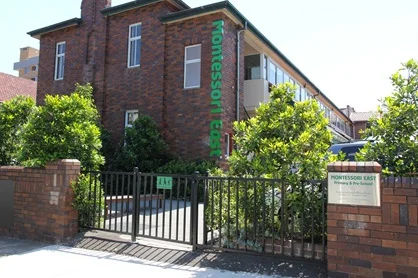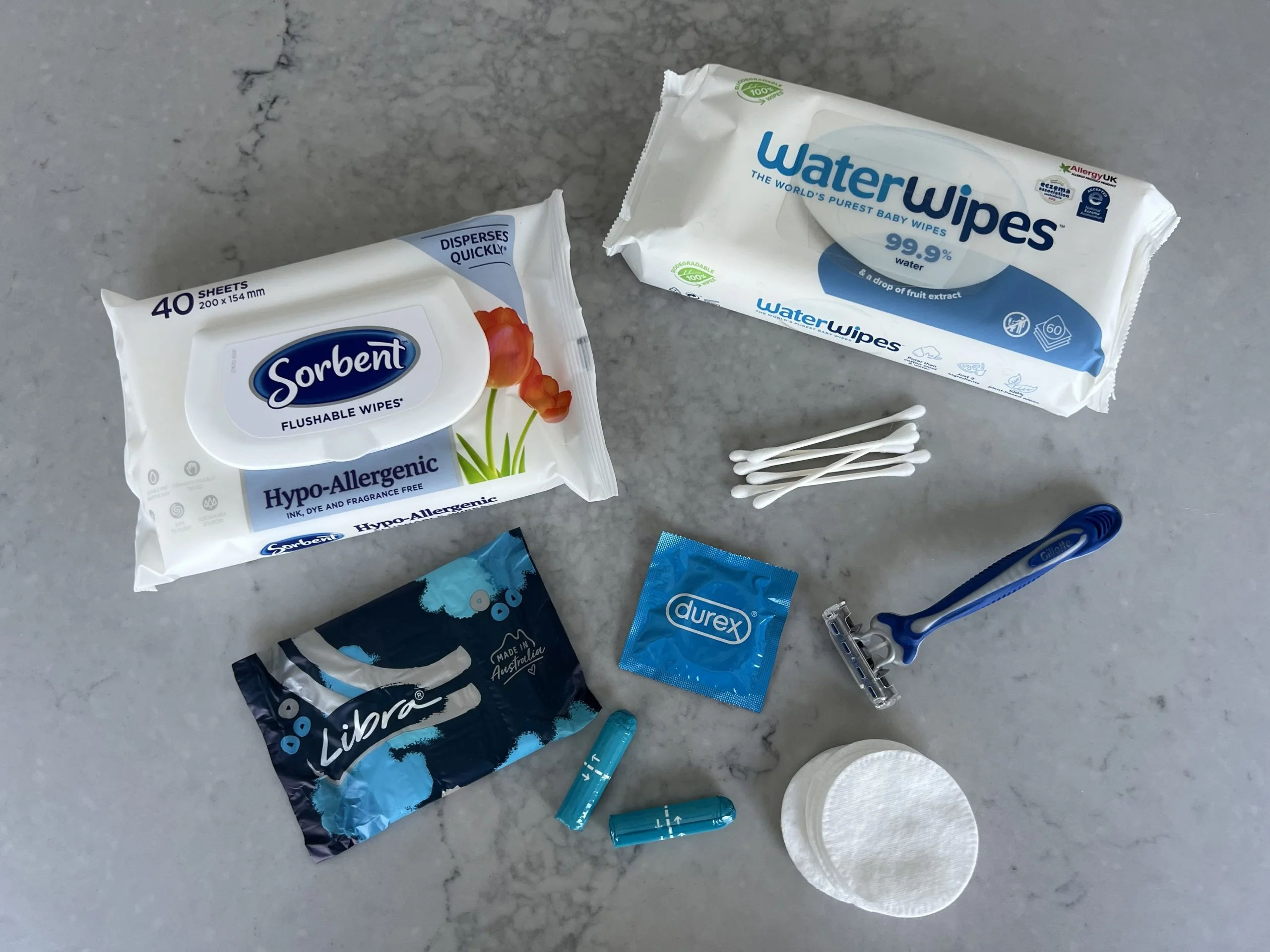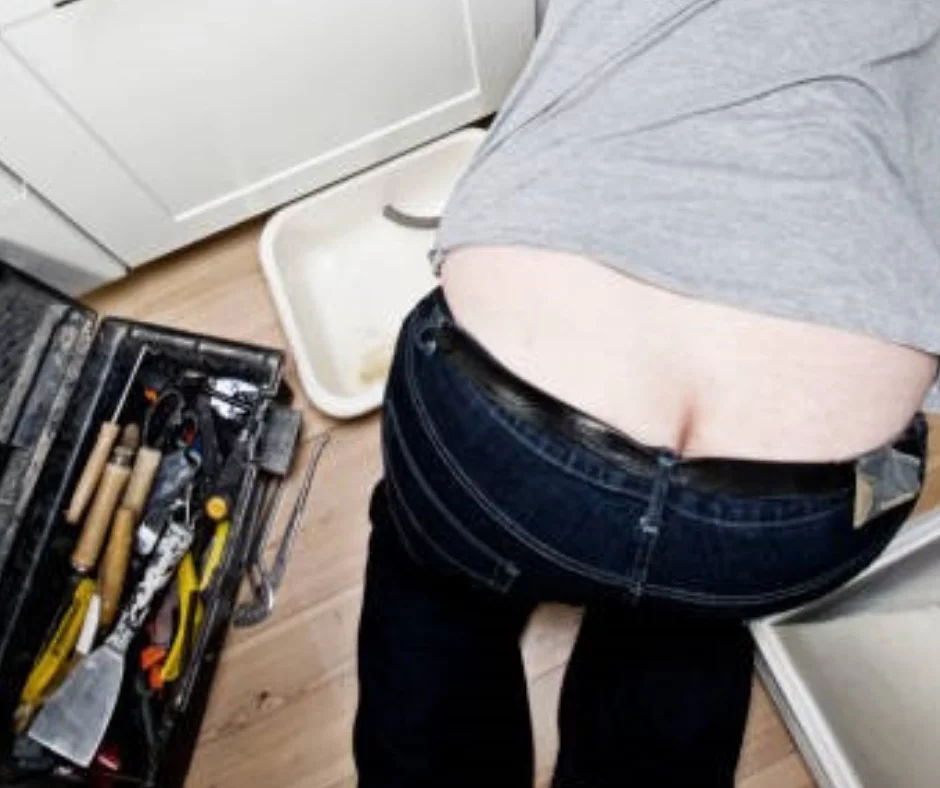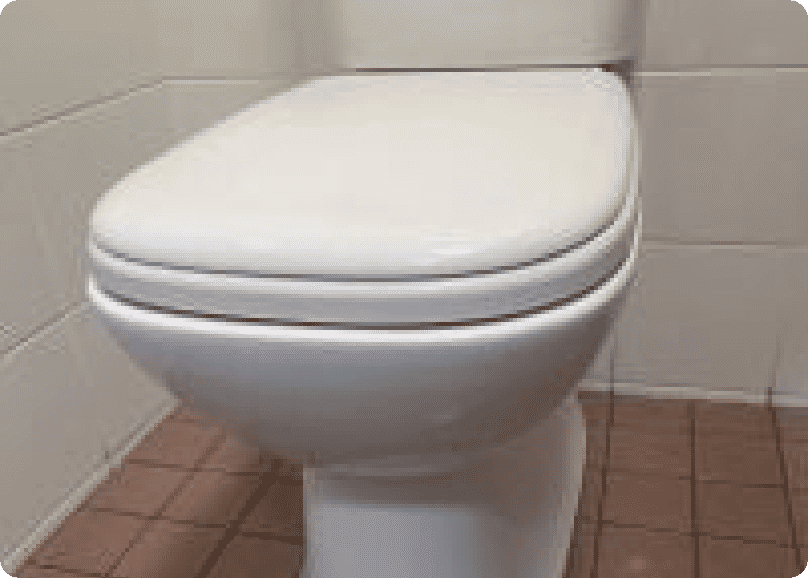Strata Plumbing: Who Is Responsible?
- William Demirdonder
- Feb 04, 2021
- No comments
- 15-minute read

When there is water damage at a strata property, determining where the responsibility
lies for repairs, insurance and payment will be top of the to-do list. Sometimes this process can be fraught with confusion and complications.
Because so much of your property’s plumbing is underground, in walls and outside the ‘cause’ or ‘condition’ of the plumbing issue can remain unseen and difficult to diagnose.
In this case, you will need an expert strata plumber or plumbing team to be able to find the cause of the water damage at your strata.
Essential Information For Strata Managers
Regular Strata Plumbing Maintenance Is Crucial
Seasonal and Regular Plumbing Maintenance
Statistics On Strata Property Water Damage
The most common causes of water damage claims
Time To Act: What And When
Legally, What Needs To Happen
How To Find Help From A Professional
The Bottom Line On Strata Water Damage
Strata committees play a vital role in the day to day administration of a strata property. Often the first point of contact for Residents and Owners, Strata committees are the go-to people for any maintenance issues, repairs and urgent emergency issues – especially water and plumbing related emergencies which can occur at any time of the day or night.
With more people spending more time at home in strata managed buildings and complexes, there has been a rise in water-related emergency plumbing events and plumbing events that have seen significant water damage.
The key here is to act fast and address the problem immediately so as to ensure no further damage or risk to residents and owners (and property) occurs. This is where it can become tricky and the advice and expertise of a professional plumber, leak detection specialist or water damage repair expert is needed.
In some strata properties determining the source of a water damage can be tricky, particularly if routine maintenance and routine plumbing repairs have slipped behind schedule.
If there is a water damage event, and your strata committee is made aware of it, knowing what is considered strata managed areas/common property and what is considered individual property is very important.
Sometimes no matter how on top of your strata’s regular plumbing maintenance you can be, emergencies and accidents can happen. Some water damage can go unnoticed for long periods, and may not be seen until the issues of leaking, mould and pooling water can be seen.
Especially with a strata property that has many people living each day within, it’s important to have a system in place for early identification of any plumbing problems, and a team on hand to deal with them. In most cases, an insurance company could refuse to cover any damage that can be related back to poor ongoing maintenance and neglect, especially if the problem has obviously existed for some time in a state of deterioration and could have been remedied with an early fix.
A lot can happen to your strata’s plumbing system in a three to four-month period. This is why it’s imperative to have regular, scheduled plumbing maintenance appointments with your local strata plumber.
In Sydney, during Winter you want to ensure that hot water heaters, gas lines and pipes are all working at their best levels. In Sydney during Summer, your strata’s roofing, gutters, downpipes and stormwater drains must be kept clear and functioning in the event of a sudden storm or downpour. The seasons in between bring their own unique weather patterns and are excellent times to conduct more thorough investigations into sewer lines, water pressure, pipe conditions and deteriorations.
Sewer blockages can present a constant risk for damage in a strata property. The owner’s corporation is responsible for having the strata building’s sewer line and drains inspected regularly to allow for the early detection of blockages so they don’t become massive issues that leave the sewer line nonfunctioning for days.
Water damage claims are on the rise and they’re becoming more costly. According to two of the largest strata insurers, water damage claims from internal and external sources is not the single most common cause of claims.
In 2018, Insurance industry claims data disclosed more than 30,000 claims for water damage, at an estimated value of $320 million.
Chubb Insurance for example, has reported an increase in average water related claim costs of 72% from 2014 to 2018, bringing the average claim to $30,361.
Burst Flexi Hoses
IAG reported that in 2016, Braided Flexi Hoses caused 22% of water damage claims in Australian Households. For more information on Flexi hoses, click here.
Appliance and Fixture Failings
Appliances like washing machines, internal hot water systems, dishwashers and air-conditioning systems account for water damage when they malfunction or are using older/aging connector hoses.
Aging, Old, Cracked Pipes
By having your strata property routinely and expertly inspected, a professional plumber will be able to assess whether your pipes need replacing or pipe relining.
Blocked Drains
Blocked kitchen sink drains, bathroom drains and blocked toilets are responsible for a decent chunk of any plumber’s day-to-day. They also cause havoc for strata properties.
Storm and Weather Events
When a storm hits you want to rely on the strength of your existing plumbing system to handle the flow of water. A property can be as prepared as possible with regular maintenance.
When it comes to water damage and emergency plumbing events at a strata property, the key is acting fast and acting with purpose. There is some key information you need to uncover ASAP:
To understand who is responsible for the water damage sustained you must first uncover where the issue has started. Sometimes the origin of the issue is different to where the issue has been presented.
A professional plumber or water damage specialist will help you uncover this location if it’s not easily seen.
Commonly, strata property encompasses the individual lots as well as spaces outside, including driveways, gardens, pools, lobby and foyer areas, lifts, staircases, car parks, gardens, fitness centres, etc.
Strata property also incorporates joining walls between lots and any other areas not listed as part of an individual lot on the building plan. If strata property water damage originates in these areas, it can be argued that the owner’s corporation are responsible for the water damage issue.
An individual lot, on the other hand, is a privately-owned space (such as an apartment or townhouse) According to the NSW Fair Trading, “the basic rule is that everything inside the airspace of the unit, including all internal walls, fixtures, carpet and paint on the walls is usually the lot and therefore the responsibility of the lot owner.”
If the water damage originates within an individual lot, the Owners are generally deemed responsible for repairs.
Now you know where the problem has started (and can get a better understanding of who is responsible for it) you can determine the source of the problem. This is where your trusty, local plumber or water damage expert comes in handy!
Sometimes, Owner’s can formally request strata committees pay for this investigatory work and strata committees are statutorily obliged to act on this request immediately.
It’s not uncommon for Owners to pay out of their pocket first to ensure the issue is handled quickly, and seek reimbursement later on. However, reimbursement of out-of-pocket fees may only apply if the water damage was caused by common property infrastructure failure or damage.
In any case, finding the source of the issue is an important step so that a) the issue can be fixed and further damage is prevented and b) so that there is a clear identification of who is responsible for the issue being dealt with and any professional fees being paid.
With any type of damage sustained (water or otherwise) you should understand what are the compliance or legislative requirements around repairs and what needs to happen to further protect residents and owners.
| Water defect | Who is responsible for repair |
| A leaking cold-water pipe in a wall between two lots | Owners corporation |
| A leaking cold-water pipe within a lot and supplies a utility service only to that individual lot | Lot owner |
| A malfunctioning hot water system situated on the ground floor of a strata building but piped and wired directly into a lot on the third floor | Lot owner |
| A leaking cold-water pipe within a lot and supplies a utility service only to that individual lot | Lot owner |
| Repairs to burst pipes in a boundary wall | Owners corporation |
| Pipe damage occurring within internal walls | Lot owner |
| Pipe damage from a pipe that services multiple units | Owners corporation |
| Mould caused by a burst or leaking pipe in a common area that seeps through a joint wall and causes mould to surface in one or more adjoining lots | Owners corporation |
State government legislation and related regulations state that utility infrastructure (such as cables, wires, pipes, sewers, drains, ducts, plant and equipment that supply utility services to common property) is considered common property when it comes to strata property water damage. Thus, these areas are the strata committee or owners corporation’s responsibility to maintain and repair.
If the utility infrastructure supplies a single lot with a service and is contained within the boundary of the lot (without sharing a common boundary with another area of the building), the utility structure becomes the lot owner’s responsibility to repair.
For government information by State, please see these links:
NSW Government: Click here.
VIC Government: Click here
QLD Government: Click here
In the case of water damage, you want to be able to process an insurance claim if possible. Understanding where the damage has started, the source and responsibility are important for this step. The key to managing a strata property’s plumbing system is early detection, preventative maintenance and regular inspections. A strata plumbing system can change quickly and small issues can become larger issues fast. Talk to your local plumber now about organising an inspection.
In the case of water damage at your strata, no matter what the cause or the outcome, the owner’s corporation or individual owners will want to process an insurance claim if possible. The key to facilitating this quickly and without much hassle is being able to understand where the damage has started (as the source of the damage and thus the responsibility are an important step).
As a strata manager, you will want to present all the information providing proof of routine, regular maintenance of the strata’s plumbing system. You will want to work with a professional, licensed plumber to determine the current risks and weaknesses in your strata’s plumbing system and then create a plan on how to deal and improve them.
The essential key to keeping a strata property’s plumbing system in top condition is having a professional plumber routinely check for issues, so there is early detection on any issues. Strata plumbing systems can change quickly, with underlying issues becoming big threats fast, so talk to us today about having our team visit your strata and going through the entire system today.
Understanding your home insurance and what you are covered for when it comes to plumbing can be overwhelming. Do you have cover if the land mower of your neighbour damages part of your pipeline?....
Read MoreFatbergs are created when you flush down wet wipes or “flushable” wipes down the toilet and they get caught up in your pipes with a combination of any oils, fats or grease poured down the ....
Read MoreImagine you’re in the midst of a plumbing emergency (we’ve all been there) and you desperately need an ace plumber on your door step. We doubt in the middle of a plumbing emergency you&rs....
Read MoreIrrespective of how hard you try, sometimes a toilet or bathroom clog is unavoidable. Whatever might be the reason for the clog, you need to clear the same. When you wish to fix the problem, a plunger....
Read More



Leave a Reply
Your email address will not be published. Required fields are marked *